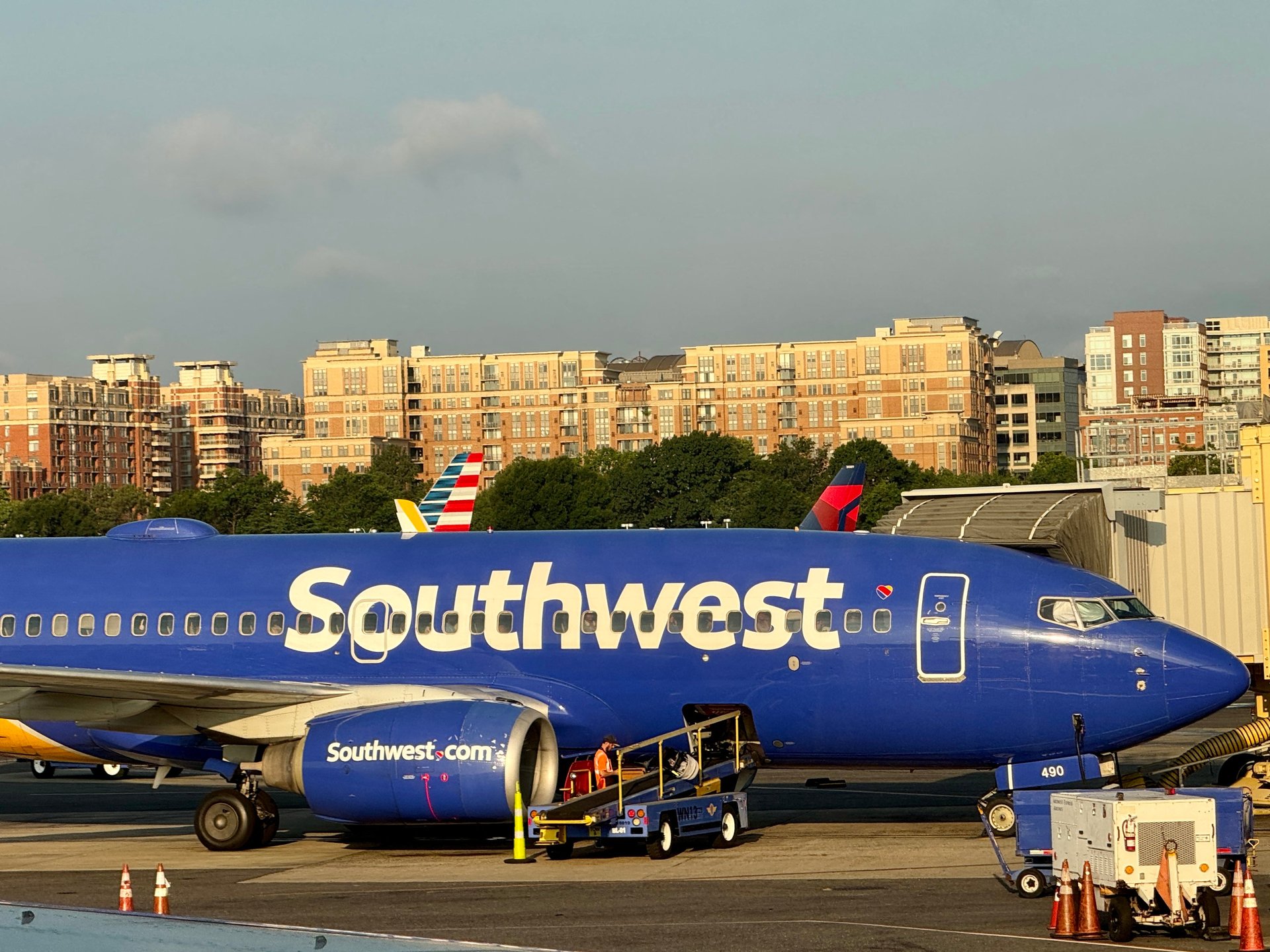Southwest Airlines is getting rid of open seating in a big change as profits plummet
Southwest passengers will soon be able to reserve their seats — ending a 50-year tradition

Southwest Airlines is finally getting rid of its open seating plan as it looks to pull off a massive turnaround.
Suggested Reading
The Dallas-based airline’s profits declined 46% in the three months ended June 30, despite bringing in record quarterly revenue of $7.35 billion, the company said Thursday. Bob Jordan, Southwest’s president and CEO, blamed the weak quarterly performance on “both external and internal factors” and said the company is “taking urgent and deliberate steps” to improve margins.
Related Content
Those steps include getting rid of the airline’s long-standing open seating plan, which has given the customers the ability to choose any available seat when they board for 50 years.
“As we announced this morning, our implementation of assigned and premium seating is part of an ongoing and comprehensive upgrade to the Customer Experience, one that research shows customers overwhelmingly prefer,” Jordan said in a statement.
The airline carried out more than eight million simulation-based boarding trials, and found that 80% of Southwest customers and 86% of potential customers prefer assigned seating over the airline’s previous free-for-all approach. Southwest also said the results showed that when a customer opts to fly with a competitor airline, open seating is cited as the No. 1 reason for the change.
Other changes include premium seating with extra legroom and overnight flights, the airline said. The changes are part of Southwest’s “modernization efforts,” which in past years have included the addition of in-flight WiFi, charging ports, and larger overhead bins.
Despite the announcement, Southwest stock fell 6% in pre-market trading Thursday.
The weak results were not unexpected. Late last month, the company adjusted its guidance for the quarter and said it’s “intensely focused on improving its financial results.” After reporting a $231 million loss in the first quarter of the year, Southwest similarly took immediate action, including layoffs and eliminating service to handful of airports. Southwest said it expects to end the year with 2,000 fewer employees than it had to start 2024.
Southwest is also facing pressure from activist investor Elliott Investment Management, which bought a $2 billion stake in the airline in early June. Elliott is expected push the company to shake up some of its business practices, including potential changes in the C-suite, in an effort to get its performance off the ground.